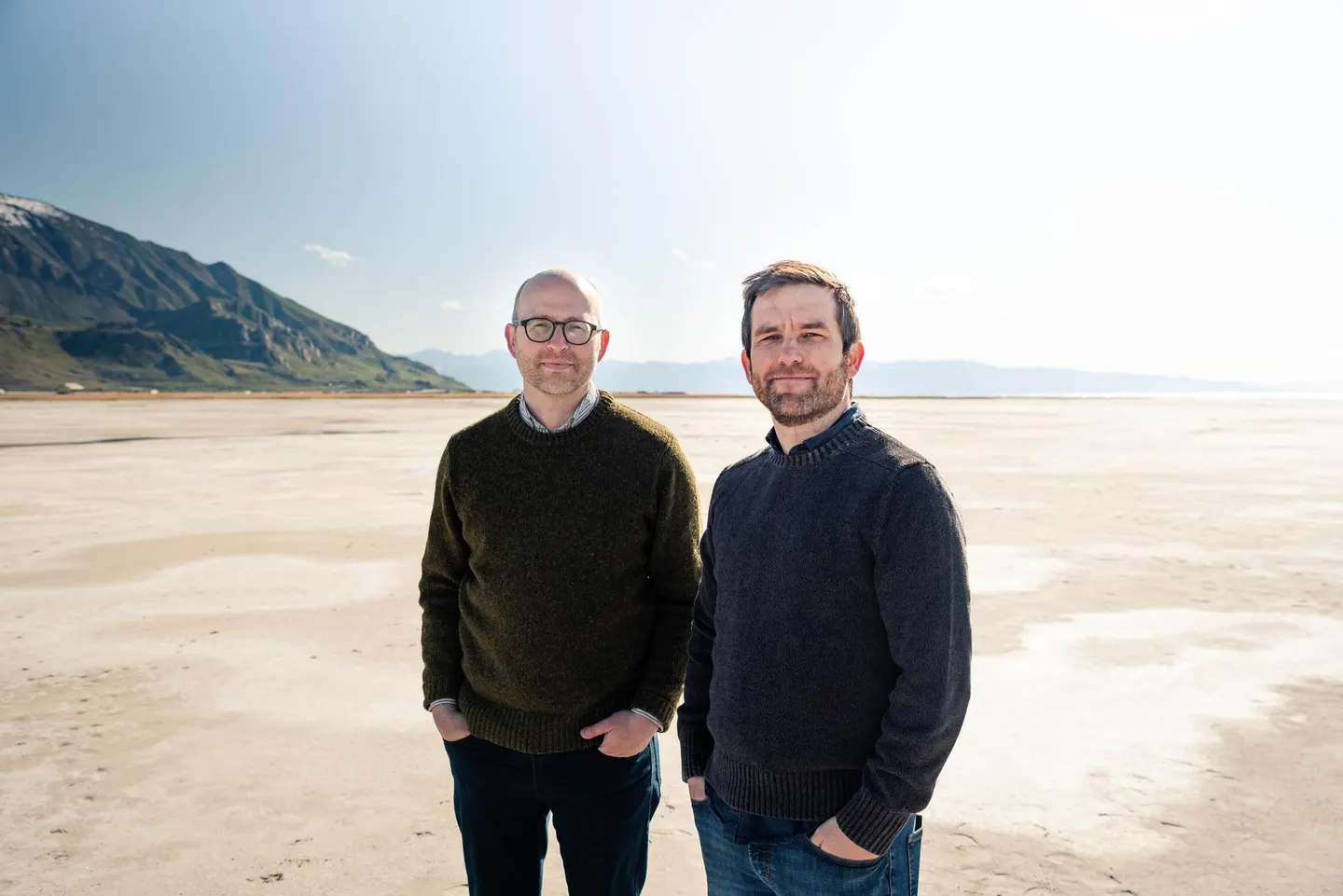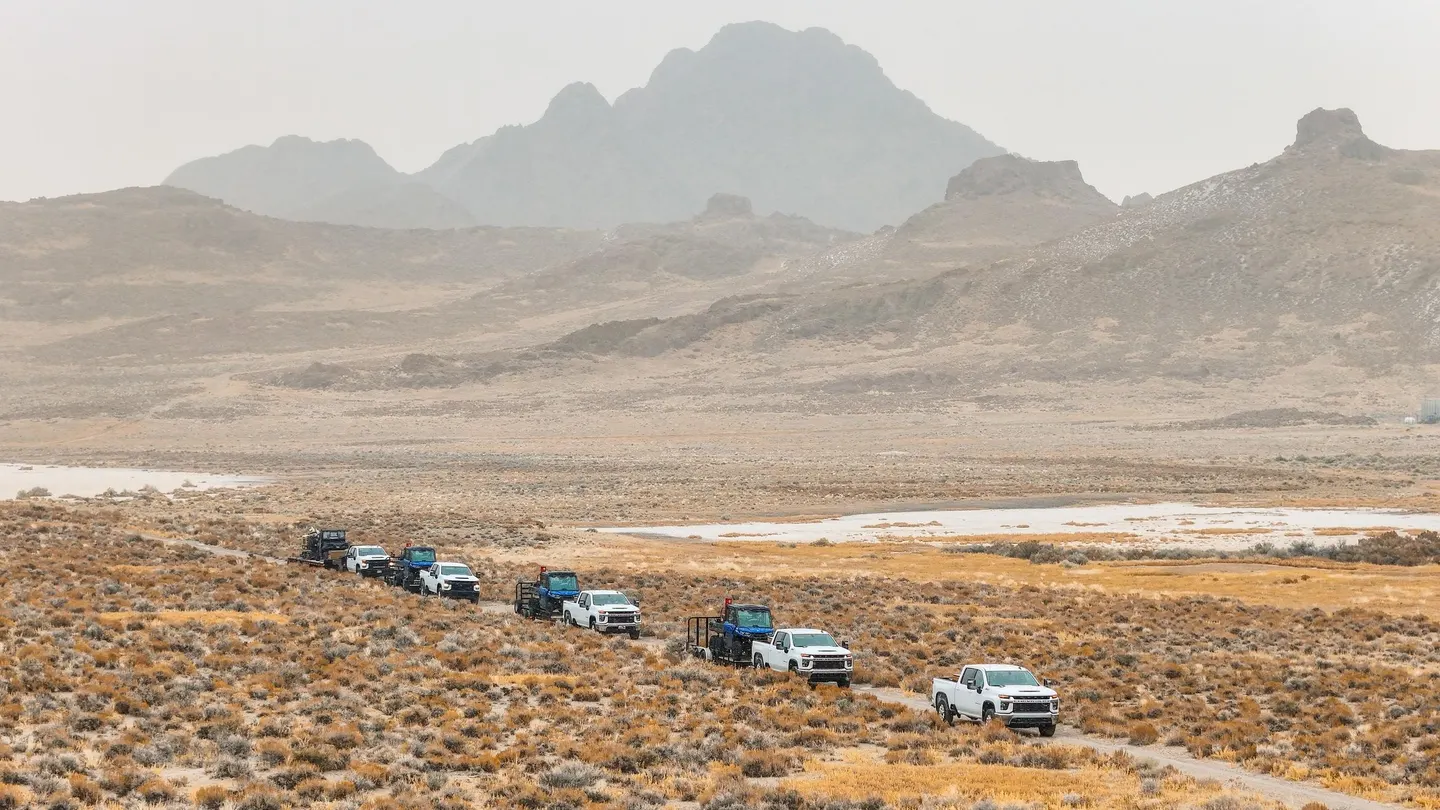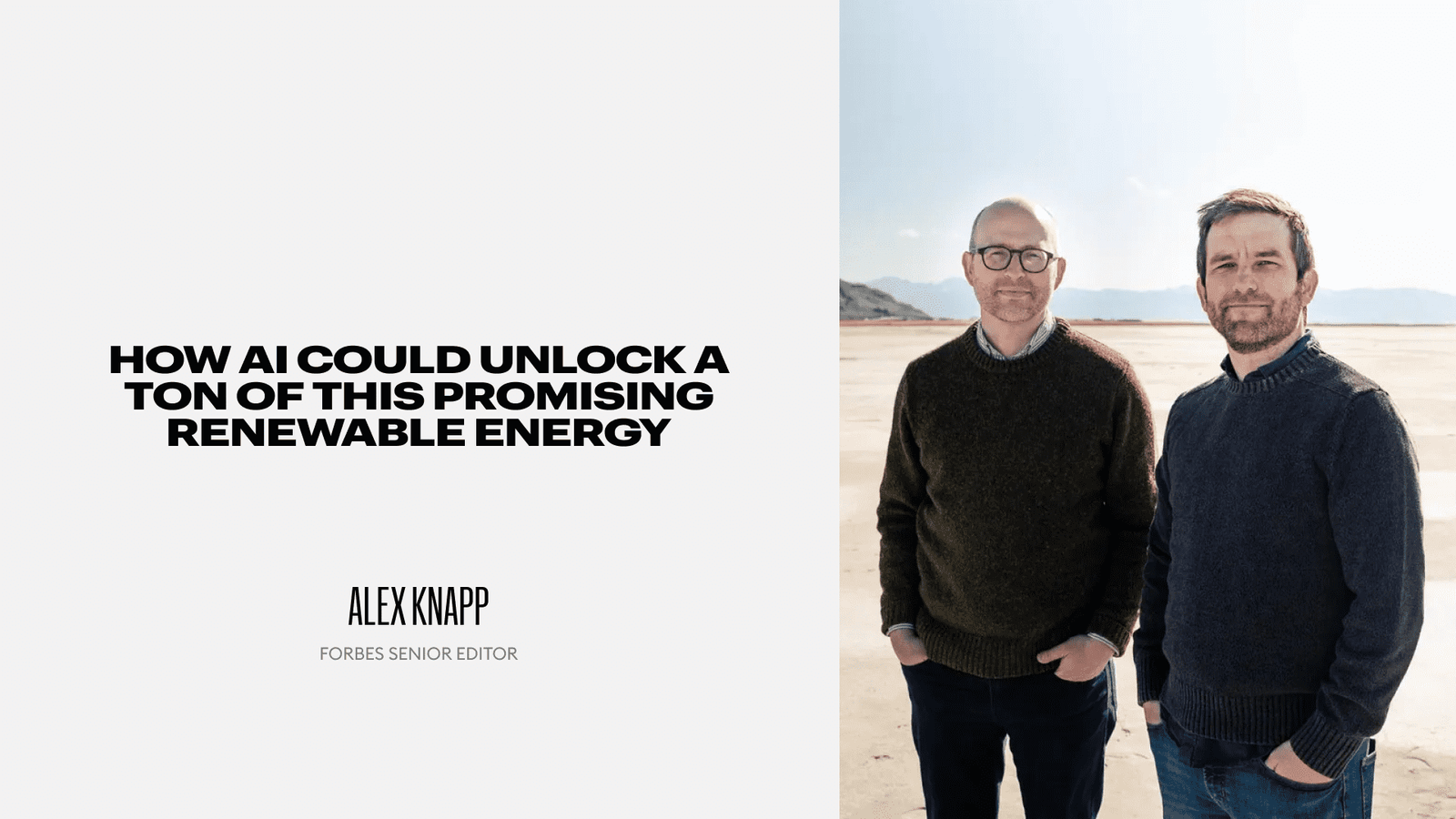The recent boom in generative AI models relies on intense computational resources, built on power-hungry chips in server farms around the world. That demand could double by 2026, compounding the increasing need for electricity that’s already taxing the grid.
But while AI requires an immense amount of electricity, one startup thinks it could also be part of the solution in unlocking a largely unused form of renewable energy: geothermal power, which uses naturally generated heat below the surface to provide both electricity and heating.
Follow THE FUTURE on LinkedIn, Facebook, Instagram, X and Telegram
Utah-based startup Zanskar has developed machine learning models to solve one of geothermal’s biggest problems: finding ideal locations to drill. The exorbitant cost of drilling has largely kept geothermal from competing with other technologies like wind and solar, so much so that less than 1% of the U.S.’s electricity is produced with it. But Zanskar’s models analyze enormous amounts of data to find the best spots to dig for power, and the company hopes its models will significantly reduce the capital needed to build new plants.
“We’ve now discovered more of these hidden geothermal resources in just the past year and a half than the entire industry combined had done over the prior decade,” CEO Carl Hoiland told Forbes.
Today, Zanskar announced it has raised $30 million in a series B funding round led by Obvious Ventures, which values it at $115 million. The round brings the company’s total investment to $45 million. The funds will help Zanskar continue its exploration and also begin development of its first power plants; it plans to both build plants for customers and partner with existing geothermal players to co-develop sites.

NILS CALIANDRO // ZANSKAR
Andrew Beebe of Obvious Ventures told Forbes that Zanskar’s ability to reduce the exploration cost is a key differentiator. “We believe that they are going to systematically reduce the cost of finding geothermal resources all over the world,” he said. “And then you will be able to unlock vast amounts of clean 24/7 electricity.”
Geothermal power is promising because it relies on heat from under the Earth’s surface, a theoretically endlessly renewable resource. To tap it, you drill a very deep hole, then bring up hot, pressurized water that turns to steam as it rises, powering the plant.
Drilling that hole is the single biggest expense for this type of energy, and it’s so capital intensive that it’s largely kept geothermal power from being competitive with other new energy sources like wind. For instance, a wind power project costs around $1.8 million per megawatt, according to a report from Pitchbook. A geothermal project costs nearly 5 times that, about $8.7 million per megawatt. According to Roland Horne, director of the Precourt Institute for Energy at Stanford, drilling counts for “about half of the cost of most projects.”
Compounding the expense is that in the process of exploration, drillers don’t always hit the right spot. That’s because there are a lot of factors that go into determining an ideal location, from the mineral composition to the accessibility of water to avoiding the presence of too much natural gas. “The exploration part is what is most difficult,” Maria Richards, geothermal lab coordinator at Southern Methodist University, told Forbes. “How many times can you pull that lever and miss before you run out of money? If you could pull that lever and hit it every time, everyone would be doing it.”
Zanskar’s technology aims to increase the certainty of drilling viable holes, CTO Joel Edwards said. It uses data from a number of sources — satellites, geological surveys, even information gathered from waves that move through the ground after an earthquake — and uses a variety of machine learning models to predict the best spots to dig. The company validates its models through its own exploratory drilling, the data from which is fed back in to better refine the AI process.

NILS CALIANDRO // ZANSKAR
“What sets us apart from other groups is that we have a large field program that’s out there every day of the year, rain or shine, across the West,” he added. He said the model’s accuracy ranges based on the region, largely due to how much data is available.
The startup got its name from the Zanskar region of the Himalayas, which is where cofounders Hoiland, 38, and Edwards, 37, met 15 years ago while both were studying geology. The two kept in touch over the years and as they became familiar with the challenges involved in geothermal exploration, they were convinced it was possible to improve the hit rate. The two founded the company in 2018. Since then, it’s been working to refine its models and identify ideal locations for power plants.
Zanskar isn’t the only startup competing in the space. Since 2019, venture capitalists have poured over $1.5 billion into geothermal startups. For example, Fervo Energy, which has developed improved drilling techniques for geothermal power, raised a $244 million round in February of this year.
With the new capital, Zanskar plans to expand its team with the goal of bringing its first facility online in about four years, if all goes well. “We plan to put electrons on the grid,” he said. “And this technology gives us an unfair advantage.”














